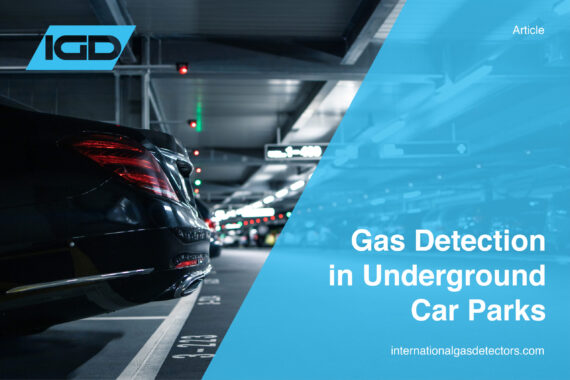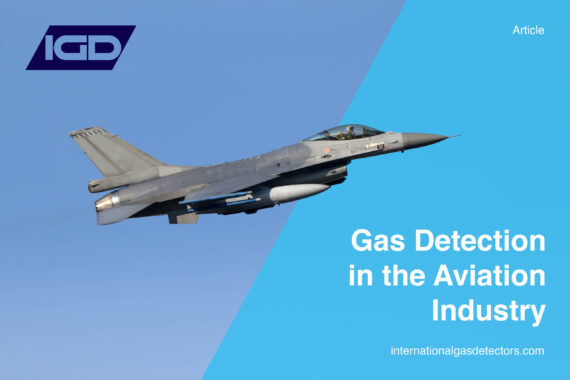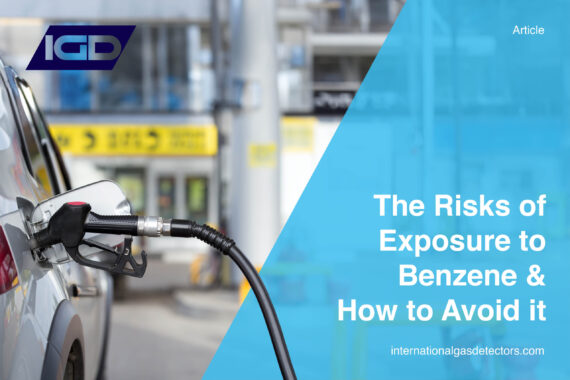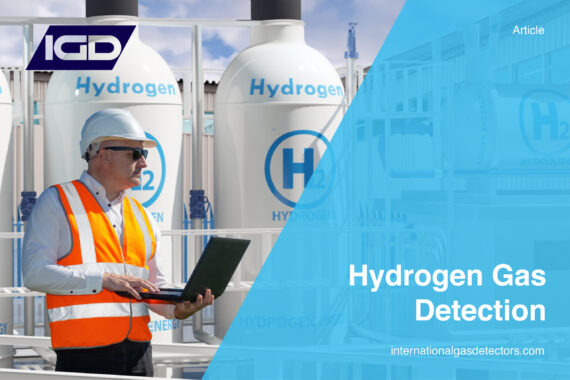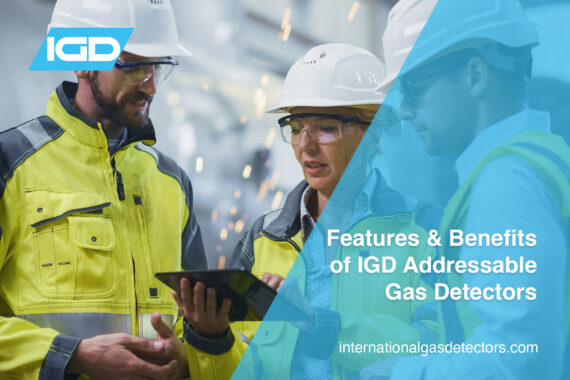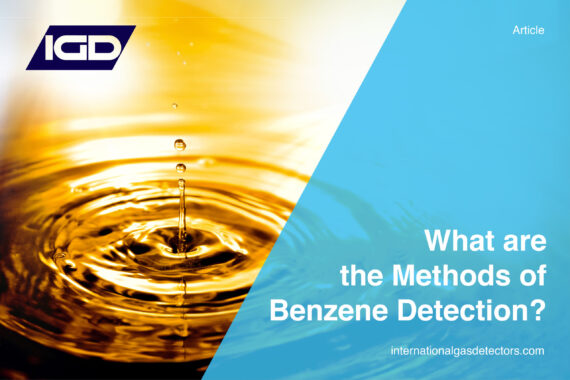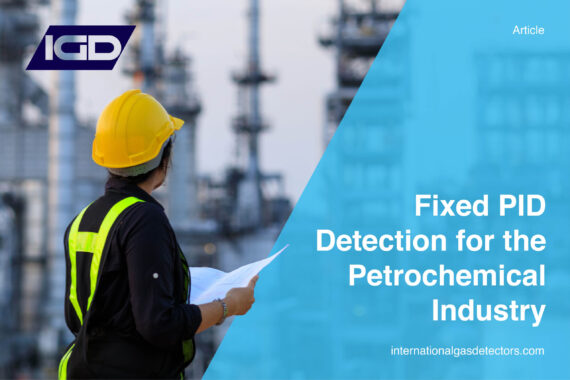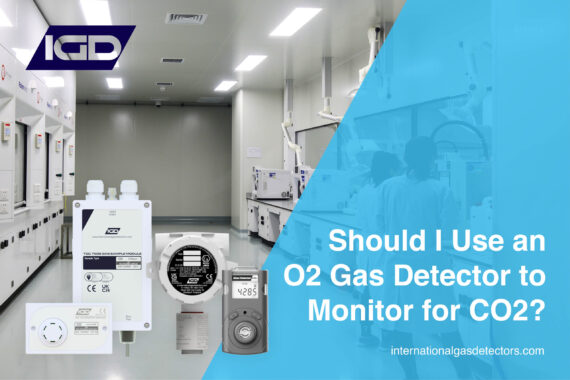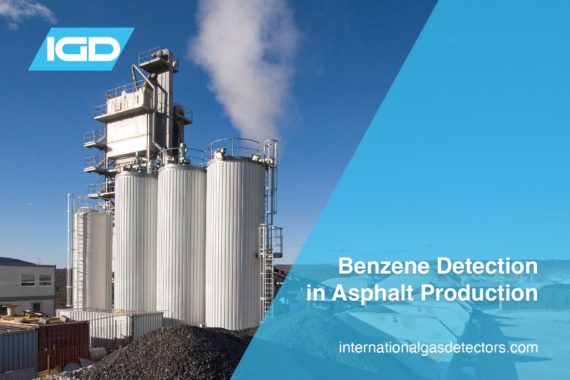Benzene is an extremely valuable precursor chemical used in various manufacturing activities–but it remains a highly hazardous compound. Very high-level exposure to benzene, even for a short period, can be fatal. Given that benzene ranks among the top 20 chemicals by production volume, and its ubiquity in modern products, benzene detection and analysis is a critical task in a host of industries. This blog post will look at five applications where benzene detection is essential.
Gas Detection in Underground Car Parks
Gas detectors are essential safety devices across several industries. Advances in gas sensing have made it possible to detect even trace amounts of potentially hazardous gases with excellent reliability. This article will look at some of the market-leading solutions for gas detection in underground car parks and some of the considerations of the technical requirements for such detectors.
Gas Detection in the Aviation Industry
Gas detection in the aviation industry is absolutely critical for maintaining the safety of aircraft staff and passengers both in-flight and on the ground. Click here to find out more about the best available devices to protect against a gas leak.
The Risks of Benzene Exposure & How to Avoid it
Avoiding benzene exposure is crucial due to the serious short and long-term health impacts it can have on our bodies. Click here to find out how to avoid it.
The Detectably Better Choice for Hydrogen Gas Detection
Hydrogen is becoming an increasingly popular choice for the industrial sector. However, as the demand for hydrogen increases, there will be an even greater need for more readily available and reliable hydrogen gas detection systems. As a manufacturer of gas detection equipment for over 100 years, International Gas Detectors (IGD) offers a range of hydrogen gas detector devices to meet the site requirements of our customers. Read our blog to learn more.
Features and Benefits of IGD’s Addressable Gas Detectors
Addressable is often seen as being complex; this is a common myth and does not match up to the simplicity of the system and plethora of benefits that addressable gas detectors can offer. This article explores these features and benefits of addressable gas detection, in particular with IGD, demonstrating how we can enhance your safety with detectably better addressable gas detectors. Read below to find out more.
What are the Different Methods of Benzene Detection?
Benzene is a colourless chemical with a sweet smell but is highly carcinogenic, making it extremely difficult to detect without specialist equipment. There is a variety of equipment available for detecting benzene and finding the right one is essential. Check out this article to find out more about the different detection methods.
Fixed PID Detection for the Petrochemical Industry
Photoionization detectors (PID) are instruments used to identify volatile organic compounds (VOCs) accurately. The umbrella term of VOCs encompasses numerous gases and vapours, and the PID detector can detect more than 700 of them. This blog post will examine why PID detection is important for the petrochemical industry.
Should I use an O2 Gas Detector to Monitor for CO2?
In this article we debunk the common question of whether an O2 Gas Detector is a viable substitute for CO2 detectors in CO2 hazards. Click to find out more.
Benzene Detection in Asphalt Production
Many surfaces around the world are made with one primary material: Asphalt. Asphalt is a composite material derived from the fractional distillation of crude oil, creating a hazard to workers in its manufacturing environment. That hazard is a carcinogenic substance called benzene, which poses many risks even at low levels of exposure. Because of its harmful effects on humans, benzene detection in asphalt production is crucial.


